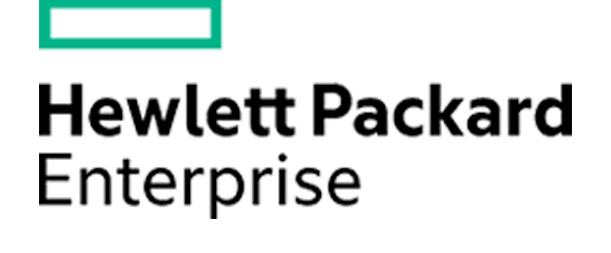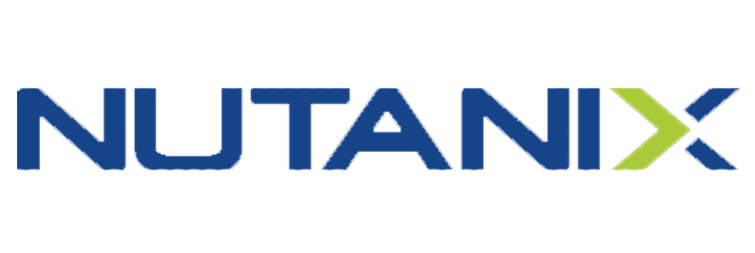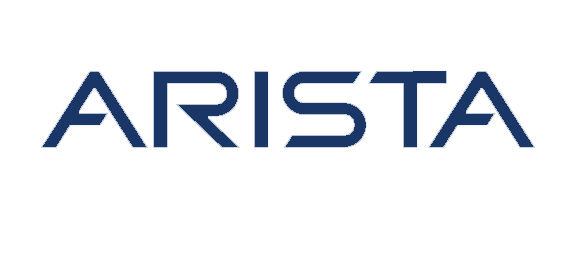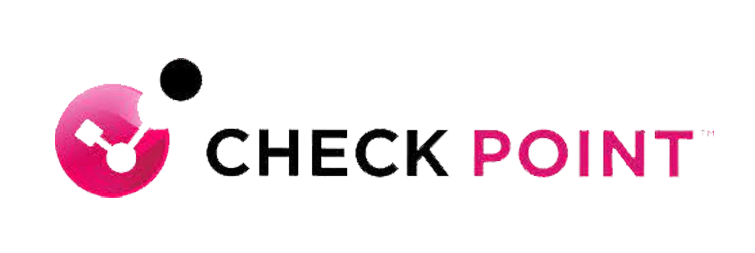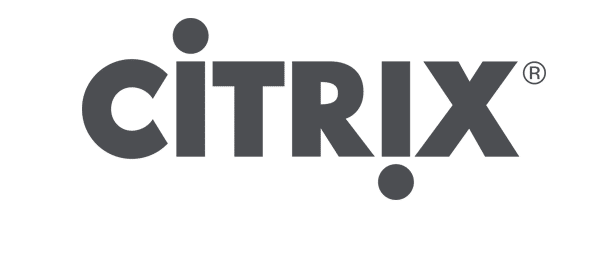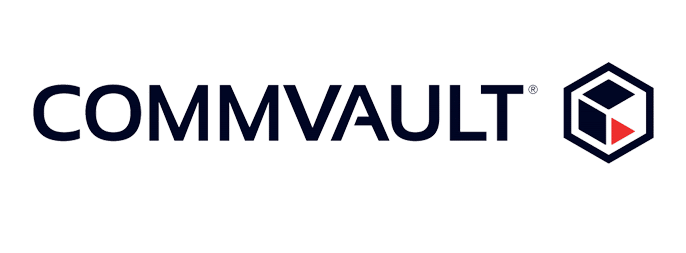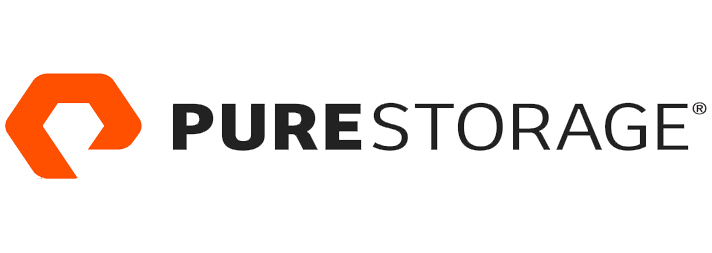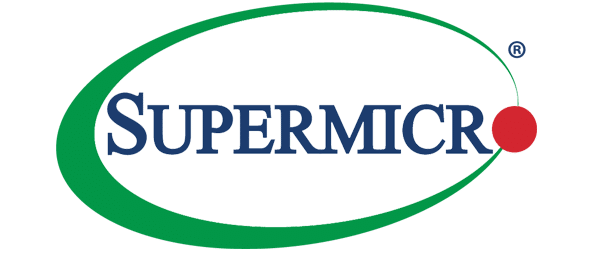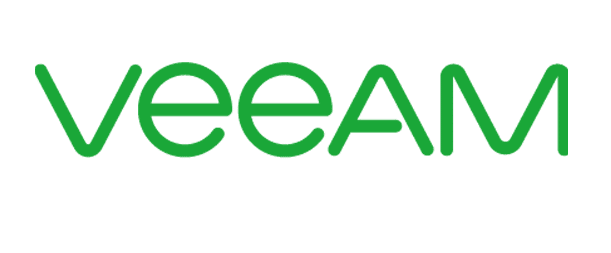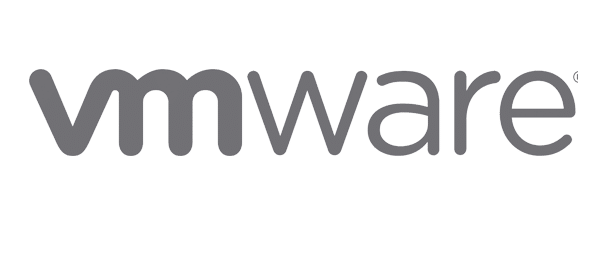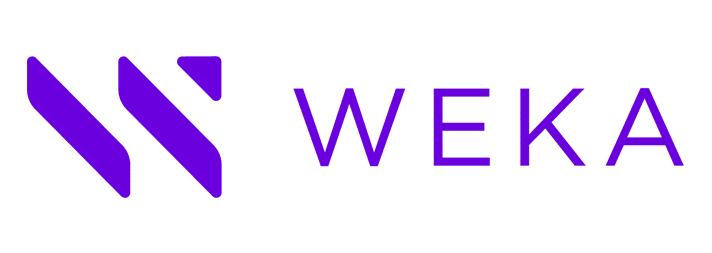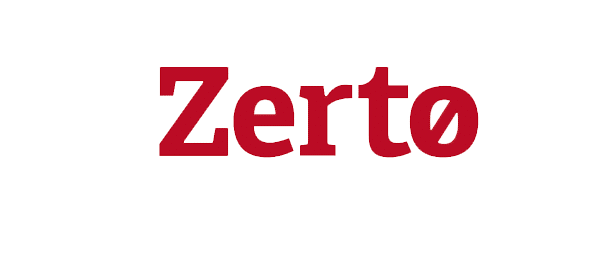Tips for Standing Out from Your Competition in an IT Interview
Dana Tarlow comes from an award-winning Boston IT staffing agency and is now one of Comport’s newest account managers. In this post, Dana shares her tips for standing out in your IT interview. As part of her position at the IT staffing agency, she has seen and conducted many interviews with clients. Here’s what she has seen to help yourself stand out!

Show your people skills.
Being in IT is no longer just about your tech skills. You must also talk to people, often while helping end users and conducting negotiations. Employers want to ensure they can trust you to interact with C-Level Managers, clients, peers, and suppliers. While interviewing, remain natural and friendly, so everyone can see how great you are.
Many candidates adopt more rigid personas during interviews because they’re understandably nervous. Avoid this tendency by showing your own personality as much as possible, without rambling and going too deep into your personal life. Remember that hiring managers want to like you if they’re taking the time to meet with you, so let them.
Be honest about your IT knowledge.
The technical interview is an essential part of applying for an IT job, but it can be an intimidating process. Interviewers will often ask questions with specific, well-defined answers, so you either get the question right or you don’t. It’s particularly important to be honest during these interviews because the interviewers will find out if you’re telling the truth anyway. Furthermore, taking wild guesses when answering questions makes interviewers uncomfortable because it makes you sound inexperienced, which can impact their hiring decision.
If you don’t know the answer to a question, say so and describe how you would go about finding the answer. This approach at least demonstrates your ability to think critically when solving problems. Bear in mind that the interviewer may be more interested in learning how you arrive at a solution rather than getting a particular answer. Providing this type of response also maintains the interview’s momentum, keeping you in a strong position.
Treat virtual interviews the same as in-person meetings.
Virtual interviews are becoming more common, but many IT professionals still struggle with them. It’s easy to treat a virtual interview more casually, but you need to show that you take it seriously. In general, you should act the same as you would for an in-person interview, although there are a few additional considerations. For example, you must ensure everything is working at least 10 minutes before the interview is scheduled to start. The room you use should be quiet and well-lit, and you should still dress to impress.
Practice typical technical questions.
Technical questions are designed to ensure you’re qualified for the role you’re interviewing for. Interviewers also want to verify the knowledge and skills that you claim to have in your resume. You may be able to narrow down the technical areas the interviewers will focus on by reviewing the job posting. Here’s some great examples:
- What certifications do you hold?
- How do you keep up to date with technical skills?
- What assessments have you done with clients in the past?
- What automated-build tools or processes have you used?
- Describe a time when you were able to improve upon the design that was originally suggested.
- Describe the most innovative change that you have initiated and what you did to implement this change.
- Given this problem (problem is based upon job requirements), what solution would you provide? Explain your thought process.
- What is HPE Greenlake?
- How do you handle multiple deadlines?
- How do you keep current in this industry?
- How do you troubleshoot IT issues?
- Tell me about the most recent project you worked on. What were your responsibilities?
- What security products do you see trending in the marketplace?
- Tell me about the project you are most proud of and what your contribution was.
- What is the biggest IT challenge you have faced, and how did you handle it?
- You have been asked to research a new technology, there is a cloud solution and an on-premises solution, how do you choose?
- How do you maintain manufacturer relationships at the technical level?
These are just a few but hopefully they will get you thinking technical before your interview. Remember to speak to your resume. If you took your time to add it on the resume, it is critical that you can back up those skills in your interview.
Prepare and research.
IT interviews are particularly challenging because you must prepare for the interview’s technical component in addition to the standard questions about your background and areas of interest. Preparing for the technical portion should include practicing your answers to common questions. Researching the company is also important because it identifies challenges specific to that company, in addition to its products and work style.
Use your network
The IT world can be surprisingly small, making your network more useful than in other sectors. You should always develop your network by staying in touch with them, even if you aren’t actively looking for a new job. Before your interview, look through LinkedIn to see if anyone in your network works for the company. If so, reach out and share that you will be interviewing and if they know the Hiring Manager to please put in a good word. A referral who already knows the hiring manager can often get a better response than simply applying for the position like everyone else. Another Pro Interview tip: connect with employees that work at the company through LinkedIn, ask them if they have a minute to speak and listen to what they have to say about the company and any help they are willing to share about the team, to help you prepare.
When the Interviewer asks if you have any questions, say YES
This shows you are engaged and interested. This is the time to show you have done your homework on the company. Be thoughtful with your questions.
Job interviews don’t need to be a nerve-wracking experience. Remember that the interviewer most likely wants it to succeed as much as you do. Remain positive and engaging as best you can, so the interviewer can get a good sense of your qualifications and how well you’ll fit into the company.
At the end of the interview, after you thank the interviewer for their time and consideration, if it is a job, you are passionate about and believe it’s a good fit, share this with the interviewer. Managers want to hire employees that want to work for their company. Then ask if there is any other information, they would like to see from you to help them make their decision.
In closing, remember that an interview goes both ways, you are interviewing the company as much as they are interviewing you. Life is too short for you not to love your career/job where you spend most of your waking hours. Before you even start to interview, spend time getting better acquainted with yourself to understand what makes you happy in your career/job, and only interview with the companies that fit your criteria to achieve that happiness.

